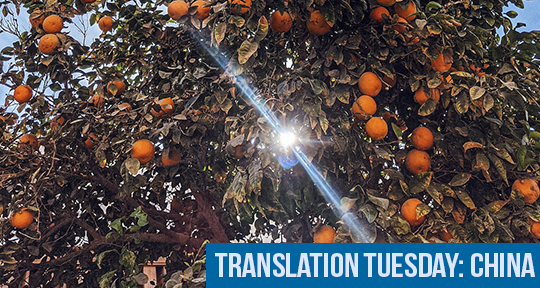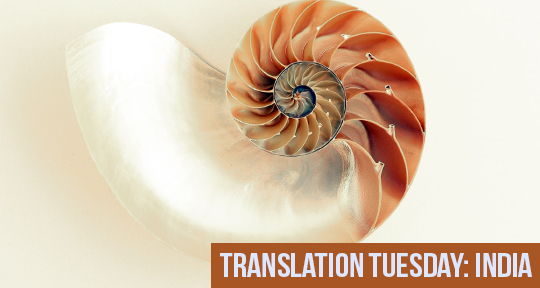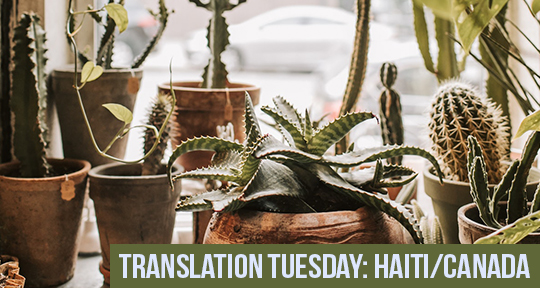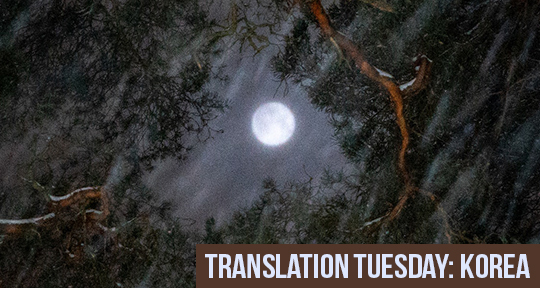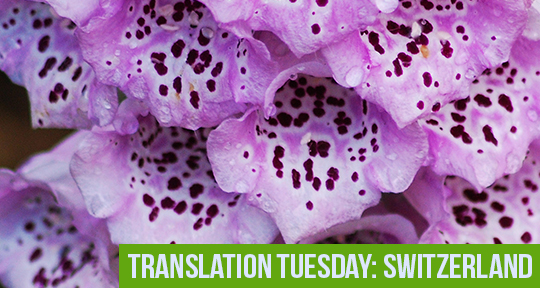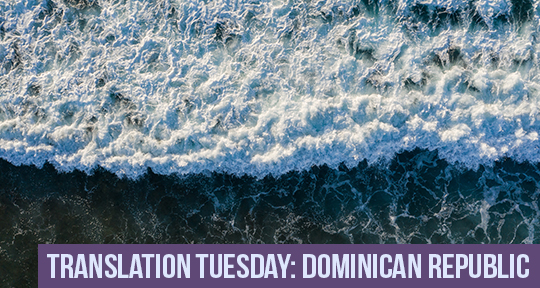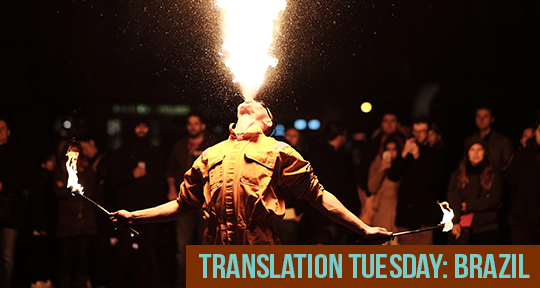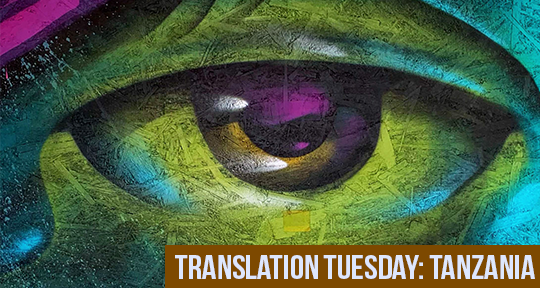“I gladly declare that the eighty-four books and ten thousand pages of my literary output over the last forty years of my life are worthless and I humbly gift this book to my readers as my first work.”
—Acharya Chatursen (1891-1960), in his preface to Vaishali Ki Nagarvadhu
In the ancient republic of Vaishali, a childless couple discover an abandoned infant girl in a mango orchard. They name her Ambapali, one who sprouted from a mango. When she turns eighteen, Ambapali is forced to become a courtesan–the Bride of the City–under Vaishali’s laws, which dictate that a woman as beautiful as her cannot be only one man’s wife. Ambapali bows before the iron law of her society, but does not allow herself to be crushed. She sets terms that make her residence, the Palace of Seven Worlds, a centre of power. While the richest and the most powerful men grovel before her, Ambapali bides her time even as she burns with revenge . . .
First published in Hindi in 1948-49, Vaishali Ki Nagarvadhu (literally, “Bride of the City of Vaishali”) took Acharya Chatursen ten years of deep research. This unrivalled epic of the human condition boasts of a vast canvas of characters that includes the Buddha and Mahavir among “a Bollywood-like panoply of opulent castles, warrior princes, courtesans, dancers, wily courtiers, [and] sorcerers.” Hitherto untranslated, this icon of world literature is now available in a two–volume series out from Cernunnos Books. After reading the sponsored excerpt below, check out Historical Novel Society’s review here.
The Cursed Law
The city seethed. At the crack of dawn, men had started thronging towards the assembly. Royal Avenue was choked with men on foot, in palanquins, on horseback, and in chariots. The big merchants, tradesmen, courtiers—they were all in the crowd. The outer corridors of the assembly were jammed with men jostling each other. The imposing marble steps were occupied by men sitting on them. A little further away, in the open field, some men stayed in their chariots as they surveyed the large building. Some of them raised their glinting spears and shouted out, creating a cacophony.
The members of the assembly were dismounting where they could and gravely making their way through the unruly mob. A platoon of guards cleared the way for them, and gatekeepers announced their entry into the hall.
The assembly was built mostly of gleaming white marble from the Matsya Kingdom. Inside, its main conference hall had a black stone floor and a hundred and eight black stone pillars that supported the ceiling. Nine hundred and ninety-nine ivory floor pods were neatly arrayed all around the hall. On these, the members of the assembly—representatives of the clans—sat quietly in their demarcated areas. In the centre of the chamber was a raised jade-coloured and intricately carved altar housing two silver pods and covered with a silver canopy. The canopy was ornate with paintings and festooned with flags. Its pillars and the two floor pods had gold inlay work. The pods belonged to the chief minister, Sunand and to the supreme commander, Suman. These two luminaries had not yet reached the assembly.
The altar had steps on three sides, and these steps seated the aged clerks who recorded the minutes of the assembly meetings. Their assistants stood ready with rolls of black and red notebooks in open baskets. Some middle-aged officials directed the preparations in their usual efficient and unobtrusive ways. The rest of the staff scurried to follow their commands.
The chief minister and the supreme commander took their seats without fanfare. The rising tumult of the assembly was drowned out by a blast of the trumpet signalling that the proceedings had started.
The crowd outside became more restive. As they chanted and paced, their faces turned red, and their eyes glowed with anger. The courtyard was packed with the sons of courtiers and merchants. The former brandished their swords and spears, shouting phrases that were lost to all but those next to them. The latter, trained to smile and create bonhomie, looked ready to pick fights. With these crowds thronging the assembly building, it was clear that all the markets and guilds in the city and up-country were closed. Inside, the two chiefs and the members of the parliamentary council were in a pensive mood. They fidgeted as if an unwanted event was about to be thrust on them. The guards were deployed in full strength, their faces taut and foreheads furrowed.
A sudden hush descended on the vast gathering, broken only by the deep, loud creaking of a chariot’s wheels, accompanied by the tinkling of what seemed to be a thousand of its bells. The men in the restless crowd stopped pacing, as if bound by an inviolable command. All eyes were trained on a chariot that advanced at a stately pace towards the courtyard. The chariot was covered with a white cloth, and a white flag fluttered on its golden top. It traversed the courtyard and stopped in front of the steps that led up to the assembly. The quiet throng looked on as an imposing man stepped out of the chariot. His clothes were a spotless white, and so was his flowing beard. A long sword nestled in a sheath at his waist. The sheath and the handle of the sword glittered with inlaid gems. The old man wore a white turban that was topped by a solitaire. A young man joined him, and the old man climbed the steps slowly, but without faltering, leaning on the young one’s shoulder. The men made way for him. The silence remained unbroken as he took the first few steps. READ MORE…




